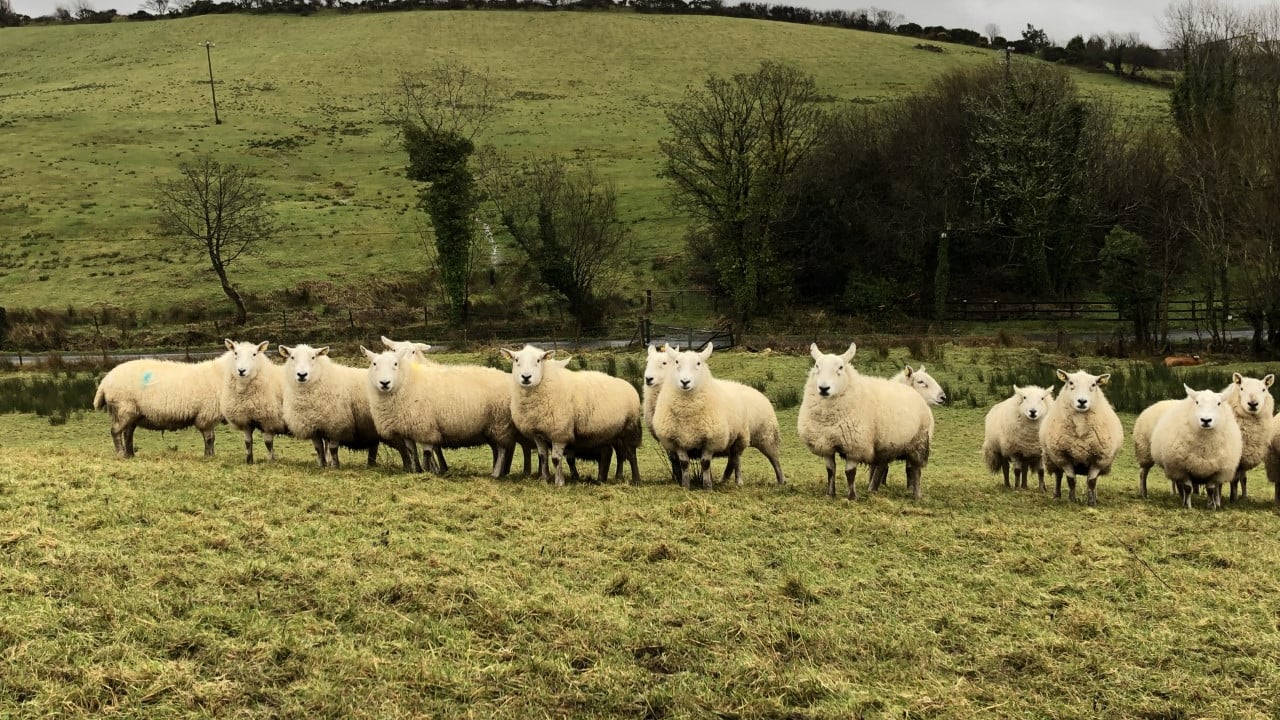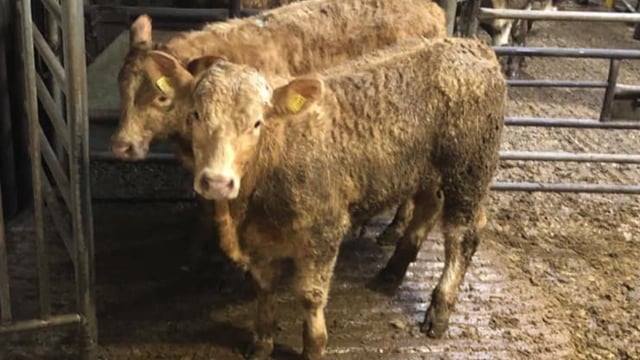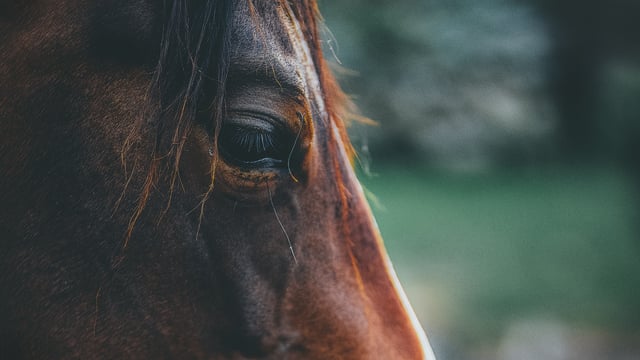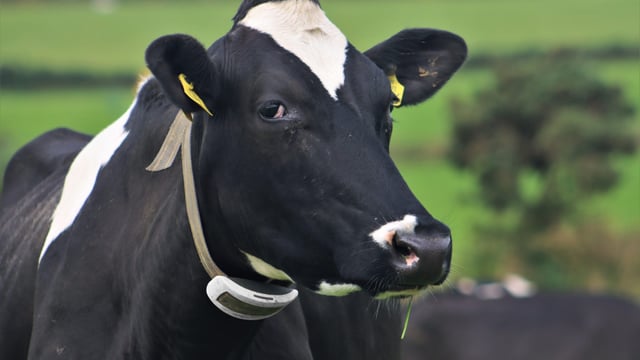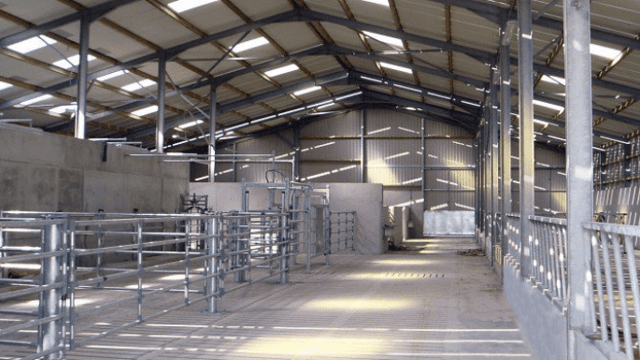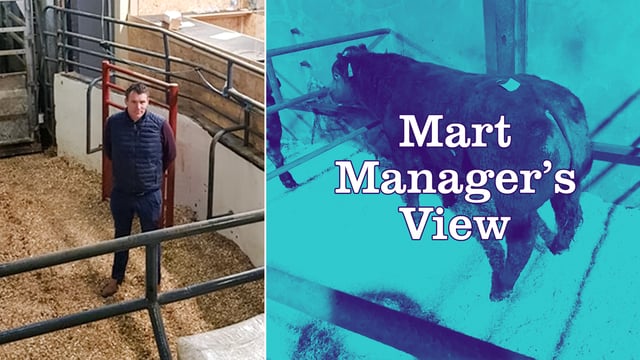Turning attentions to administering clostridial vaccinations
With the lambing season for mid-season flocks fast approaching, it’s time for farmers to start thinking about administering clostridial vaccinations.
It is important to vaccinate the ewes in relation to these diseases as their colostrum is the main source of antibodies against these diseases in the newborn lamb.
By annually vaccinating the ewes, their antibody levels remain sufficiently high to allow protective cover to be transferred to the lamb.
However, it must also be remembered that in order for these lambs to benefit from the vaccination, they must receive adequate quantities of good quality colostrum within the first two hours after birth. The sooner the lamb gets this colostrum, the more benefit they will get from it.
By vaccinating ewes, farmers can drastically reduce the incidence of these diseases from occurring.
Pulpy kidney is the most common type of clostridial disease found in sheep – in Ireland. It is commonly found in fast-growing lambs. These animals – that are usually over one month-of-age – are consuming high concentrate diets, or are suckling heavy milking ewes.
When do I need to administer?
‘Booster’ vaccinations are due generally two-to-six weeks pre-lambing. The majority of products available on the market should be given four weeks before lambing is due to commence.
It’s also important to remember that a full, two-shot primary course will be required to ensure that the ewes have adequate protection.

